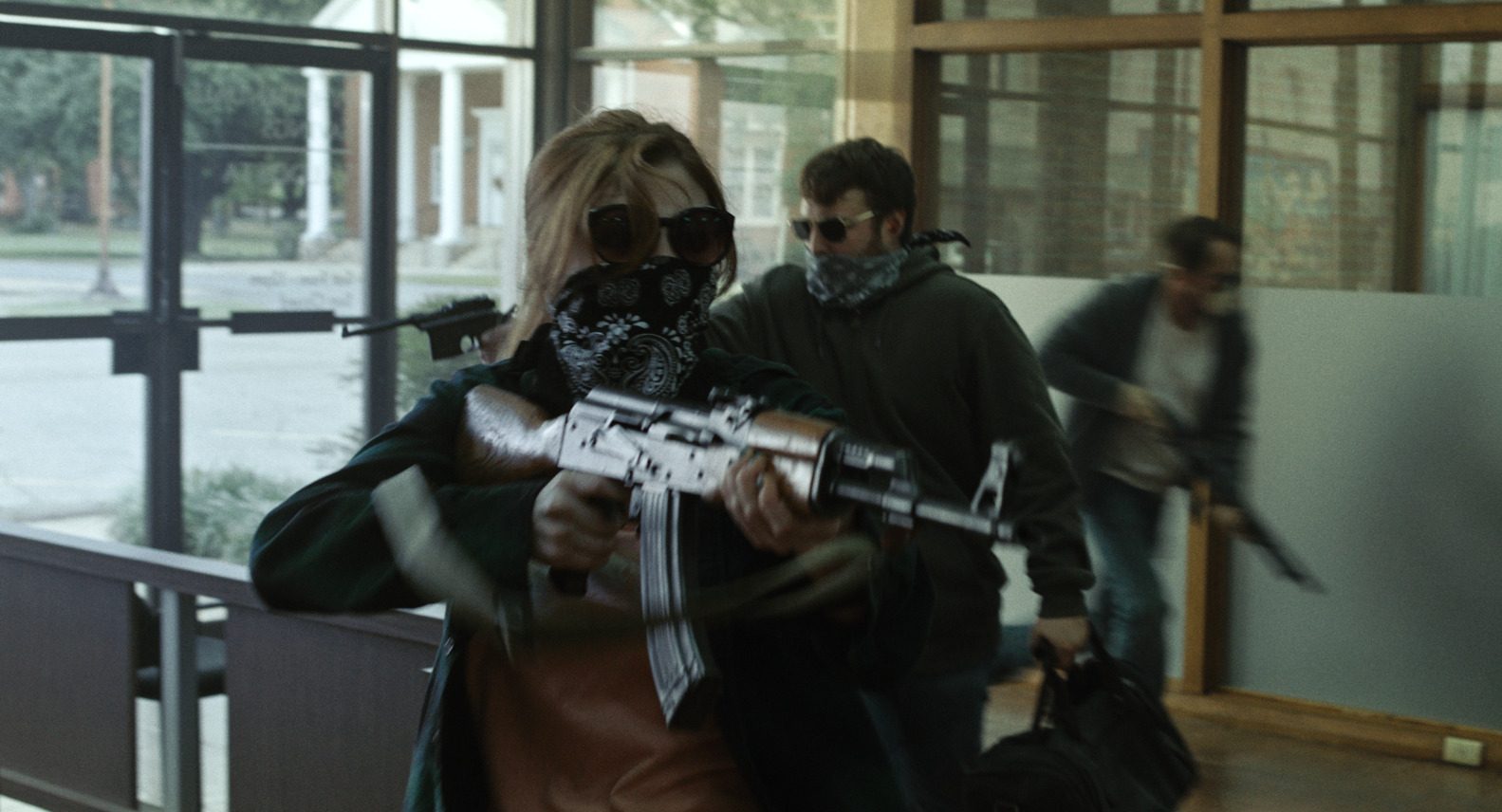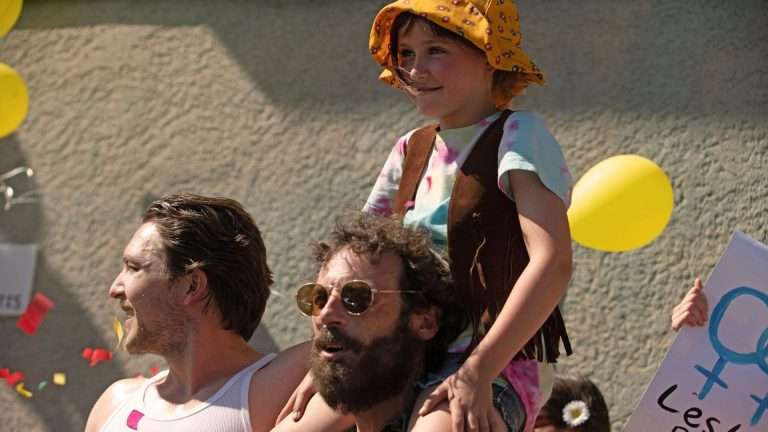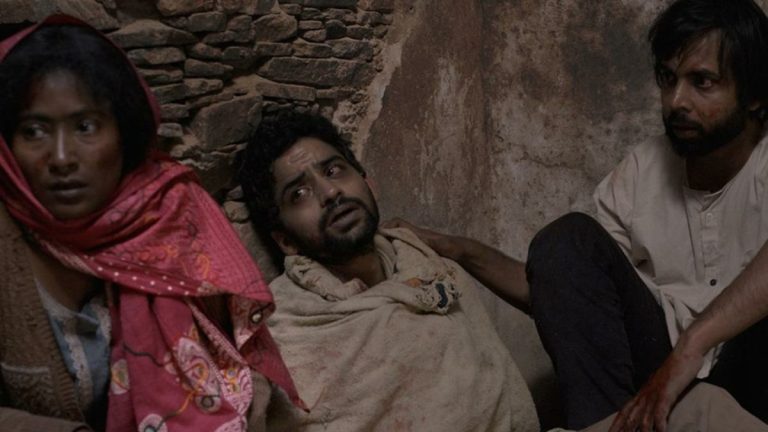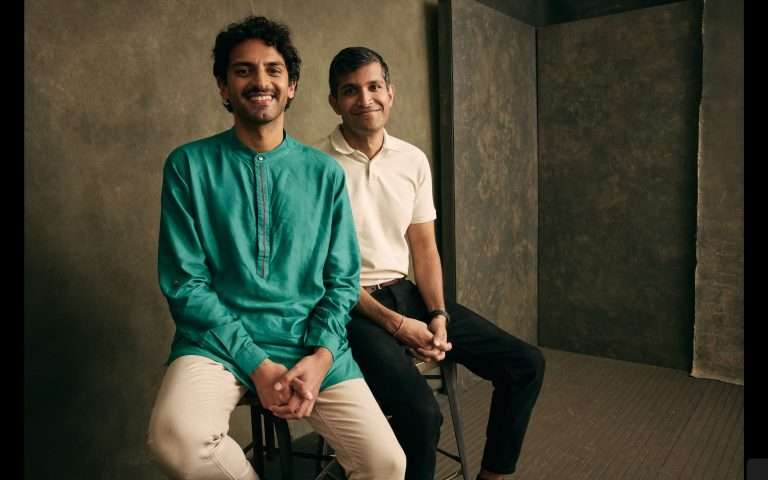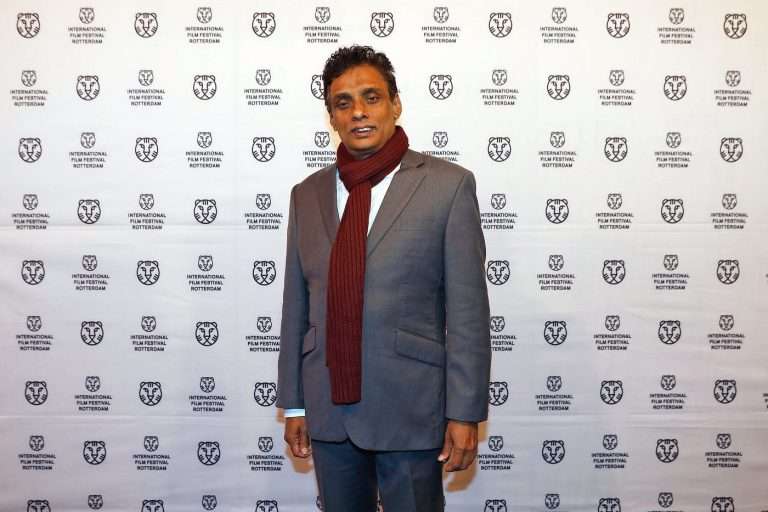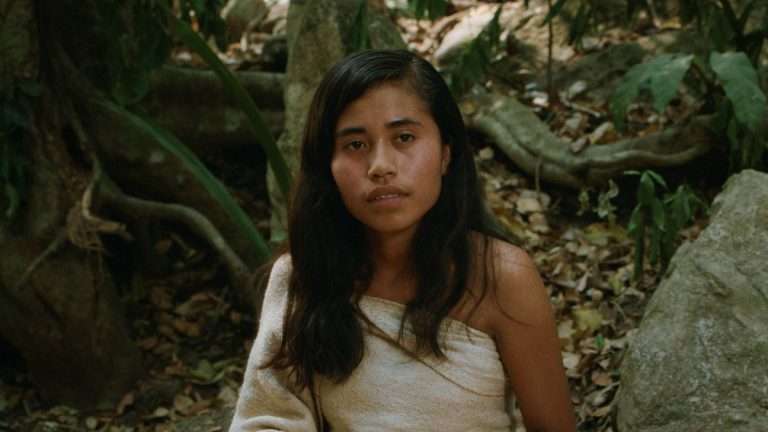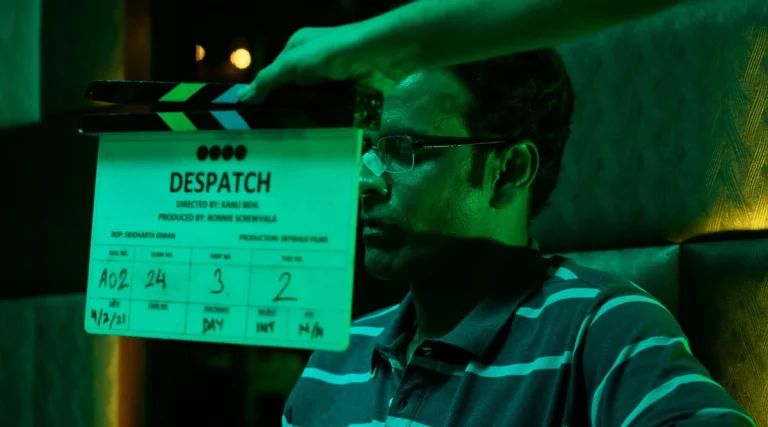Sean McEwen, an award-winning director, writer, and producer, graduated from Missouri State University with a Bachelor of Fine Arts in Theatre Arts. McEwen has received multiple directing accolades, notably earning the “Best of Fest” award from AOI International for his film “Happy’s Last Wish.” Following the success of “For the Love of the Film,” which won the esteemed George Lucas Selects Award. His first feature film, “Albino Farm,” garnered praise from both critics and audiences, gaining a dedicated following in the horror genre. He has two new films released this year, and in the following interview snippet, Sean McEwen discusses American Outlaws (2023), a film based on real events that has garnered attention from the masses.
Q: Why did you decide to make a film about the Dougherty siblings in American Outlaws?
A: When I first heard about the story in the news cycle, I was intrigued and kind of “filed it away” in my brain. However, once I was given the wonderfully written and reported GQ article by journalist Kathy Dobie – I was obsessed. Kathy beautifully portrayed a cinematic picture of the Dougherty’s experience. From there, I reached out to the actual siblings – who were each serving extended sentences in three separate federal prisons – visited them, formed a relationship and we began the process of developing the film.
Side note – without giving too much of the story away, the “visit” aspect of the actual siblings was an adventure (to say the least) in itself. I found myself getting permission to meet with each of them at three separate Federal prisons in Arizona, South Carolina and Alabama (respectively). That, in and of itself, was life-changing. Having the experience of witnessing what goes on behind those walls, the inmates and guards, the families and the lives impacted by the entire incarceration experience was like nothing I was prepared for. And then to see Ryan, Lee-Grace and Dylan in their current settings, after knowing everything that had transpired to place them there, truly opened up the story even more. Not to mention, it was the first time I was able to sit face to face with them – and hear about what they experienced directly, in their own words, while looking in their eyes. It was invaluable to the process.
Q: What about their story interested you and made you want to turn it into a movie? I’ve always been fascinated by, shall we say, morally ambiguous characters.
A: I think you hit the nail on the head. The three siblings were just that – morally ambiguous. Here they were, having done obviously extremely “bad” things, making bad choices, and yet, there were moments after moments where it was also apparent, they were attempting to live their lives by – as askew as it sounds – this sort of “southern moral compass” of right and wrong. This really came to a head when I met with Ryan Dougherty in person. He told me this one – which could have been looked at as an innocuous anecdote – about a moment when they were on the run (after robbing a bank) and they stopped at a little mom and pop gas station to fill up their tank. Their plan in these circumstances was to draw as little attention as possible.
Ryan would fill up while Lee Grace ducked down, out of sight, in the back seat and Dylan, sat in the front with his ball cap pulled low to conceal his face. They felt this would not expose them as the “three siblings” everyone was looking for. Ryan had to prepay for the gas in this instance and for some reason, while pumping, the gas tank did stop at the pre-amount he paid for – it kept distributing gas. He stopped it but felt compelled to go to his brother, rap on his window and ask for another ten dollars to cover the overage. Dylan complied and Ryan marched back inside to pay – because it was the right thing to do. This struck me as – here the siblings had just robbed a bank, but they felt for this little family-owned gas station, it wasn’t right to jip them out of the few dollars of gas they got for free. I felt this was so telling of their mentality with things. For them, there was right – and there was wrong.
Q: Could you describe how you worked alongside the cast, including Emory Cohen, Sam Strike, and India Eisley, to prepare for their roles as the Dougherty siblings?
A: There is such a unique experience when doing a true-life story. Especially if the individuals it’s based on are still alive. Our cast had the opportunity to actually speak – on coordinated calls from prison – with the exact characters they were portraying. Emory, Sam and India each expressed how valuable this was in hearing the real siblings talk, feeling their vibe and personalities. I think the thing that was surprising for Sam, in particular, is that when he spoke to Ryan, his perception of what he read on the page was actually somewhat different than what he encountered from the real Ryan.
As much as I, as the writer, attempted to capture Ryan’s essence on the page, Sam learned and absorbed things through his own artistic lens – speaking to the real Ryan – that perhaps I had missed. And again, it just opened his portrayal of the character to a whole other level. I don’t think it was because something was inaccurate or missing, I think it was because it hit home and truly humanized the person to Sam. Sam realized on the deepest level that there was a real person here, with real complexities and idiosyncrasies. I think it became a game-changer for Sam as to his approach of “finding” the character or Ryan.
Q: The film seems to offer a commentary on the American lifestyle. Can you elaborate on the specific aspects of American society or culture that you aimed to explore or critique through the film’s narrative?
A: While I did not set out to make a political statement in the film, I think circumstantially, it does explore the current state of affairs of America from a systemic standpoint. The Dougherty’s were young people who were, arguably, failed by the system, from a very young age on. Their circumstances created a void in their everyday lives which inhibited the chance at opportunity, or one could say, even quality of life. From that, brewed a frustration, along with a negative outlook on how society had failed them. Like many people in this country currently, they felt – whether true or not – that their “voices” were irrelevant. They weren’t listened to. The “system” wasn’t for them. Does it justify the choices they made? Absolutely not. But does it give us, as a society and community, some understanding of how some people feel as if they were “left behind”? Arguably, yes.
How do you envision the film influencing or contributing to broader discussions about societal issues in America, both during and after its release, given that many viewers have taken note of these themes? In a word; accountability. Look, we have to understand that we live in a large country, with a ton of diversity. Different takes, different needs. But we are all Americans. What made this country great, was its ability to profess itself to represent all…. “Give me your tired, your poor, Your huddled masses yearning to breathe free…”. We are all in this together. We have to, as a society, listen to each other. It isn’t just “fly over” country. There are many people out there who feel underrepresented, not listened to, outsiders when it comes to the system. It’s a “global community” – even in our own backyard. The argument can be made that as much as what the Dougherty kids did was abhorrent, they are “our kids” too. We are responsible for them and for each other. And if we can at least begin to understand that, then maybe there can be some true change.
Q: Given the film is based on real events, were there any particular scenes or moments in the film that were especially challenging or rewarding to film? Can you share some behind-the-scenes anecdotes?
A: I think what comes to mind is that typical thing you hear when it comes to indie filmmaking. A group of artists, in every department, coming together for a collective cause – to tell a great story. I am still amazed, even to this day, at all of the people who rolled up their sleeves and gave their blood sweat and tears to accomplish this. And the fact that the story is tied in with real people and impacted real lives upped the stakes for us all. It felt as if we were doing something meaningful – which made every moment that much more rewarding.
Q: As a filmmaker, what message or takeaway do you hope audiences will have after watching this film?
A: I think it goes back to the subject of “morally ambiguous characters”. I think we would all agree that audiences have become extremely savvy when it comes to the exploration of story, storytelling, character, etc. Characters like Tony Saprano or Walter White…. Guys that are doing somewhat horrible things but there is something about them that you also, dare I say, like. Or relate to. Or have empathy for. I think we would all agree, life is complex. And maybe the point is to try to understand circumstance and environment and situation – and how all of those things contribute to life as a whole. None of us are saints. And while most of us have not made the same mistakes or choices that these people have – there might be something of ourselves or our society we can see in all of it. And from that, we can learn and grow.
Q: Congratulations on winning the Best Director award and other significant accolades for American Outlaws at the Boston Film Festival. Can you provide any insights into your future projects or the types of stories you’re interested in exploring in your upcoming work?
A: Thank you for that. Yes, super proud of the attention the film is getting. Regarding next ventures, I am currently, as we speak, in Shreveport Louisiana, scouting for my next feature which begins shooting in the coming weeks. It’s another story about a complex character from the South. An extremely different set of circumstances and tone – but again, it’s about someone who is flawed who truly has the best of intentions, although life isn’t necessarily cooperating with their “goals”. We have an extraordinary cast, and I can’t wait to tell this story.

